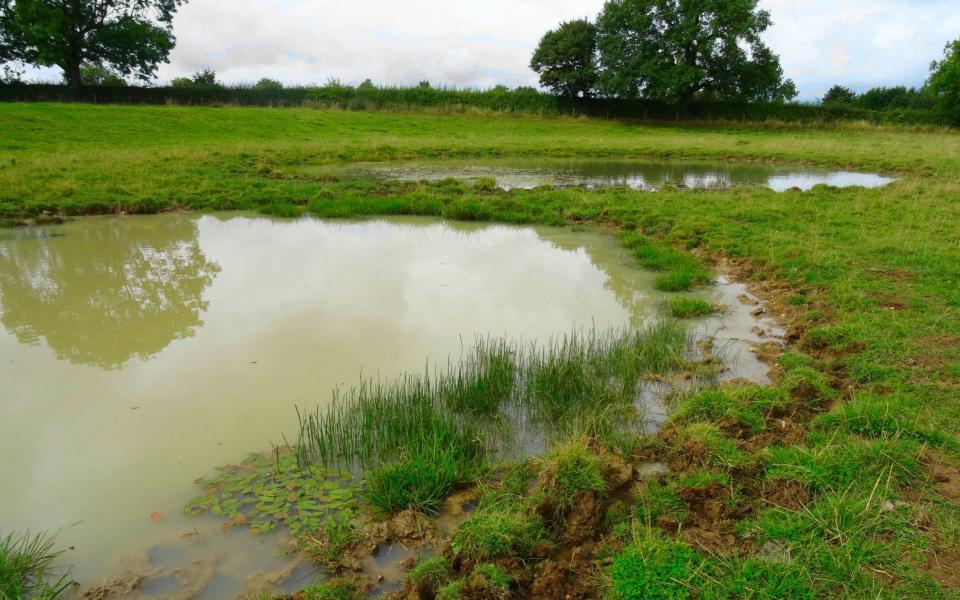Countryside ponds could treble rare plant numbers

The humble pond could give regional biodiversity an “unprecedented” boost, potentially trebling the number of rare plants and bringing back largely extinct species, a new study suggests.
Researchers monitored a network of 20 clean water ponds over a 10km2 area of farmland in Leicestershire over nine years that had been built on sites where they wouldn’t be affected by road pollution or agriculture.
They saw a 26 per cent rise in the number of wetland plant species, and a 181 per cent increase in regionally rare plants.
Among the plants brought back from near extinction in the countryside were Marsh Arrowgrass and Bristle Club-rush.
The steady loss of natural freshwaters in the country as a result of pollution, drainage, abstraction and other measures has caused the loss of species that once thrived in the countryside.
The results were published in the journal Biological Conservation, and are the first major results from the Water Friendly Farming project, a long-term collaboration between the Freshwater Habitats Trust, Game & Wildlife Conservation Trust, the University of York, the Environment Agency and landowners in three Leicestershire catchments.
“The gains we saw are unprecedented for freshwater,” lead author Penny Williams from Freshwater Habitats Trust said. “Our previous work had already shown that ponds were a secret treasure in the British countryside - with a value out of proportion to their tiny size – however the scale of benefits from adding new ponds took all of us by surprise.”
The ponds proved vastly more successful at boosting biodiversity than more traditional measures, such as putty woody debris in streams and damning up ditches to create pools.
The research could encourage greater respect for countryside ponds, which have been declining in recent years.
Some 92 per cent of ponds in England and Wales are biologically degraded.
Ponds are also significantly cheaper than many other measures to boost biodiversity, costing just £1500-2000 each to create.

